Mentorships can be seriously rich for life- learning or homeschooling teens. They provide an opportunity for developing a skill or knowledge base from someone else with that specialized interest and the fun of spending time with someone who “gets” the passion or interest. Add to that the chance to learn really individually, specifically and deeply and it’s a win-win-win.
Dictionary.com tells me that a mentor as a “wise or trusted counselor or teacher” and that sounds about right to me. The piece I might add in relation to the type of mentoring I’m talking about is “in a one to one or low ratio setting.”
We’ve had some personal experience with mentoring and I’ve seen other mentoring that has been such a good, good thing – particularly for teens. Experience, skill-building, knowledge, connection, relationship, future employment … you name it, there is the potential for all of these in a well thought through mentorship.
Throughout the ages, people have learned trades, arts, skills and knowledge from time spent watching, trying and learning from wiser elders who are willing to pass what they know. Many great thinkers of the past were mentored. Plato, Arisitotle, Leonardo Da Vinci, William Shakespeare and a number of others were influenced by mentors who helped shape their work. Learning often happened one to one or within small groups or community. The skills of cooking, sewing, weaving, farming and carpentry were passed on from parent or community member to children and young adults. Family tradition and parenting were modelled and taught from parent to child, naturally over time.
Why though, now that we are surrounded by learning opportunities from formal classes and lessons, would we think about looking for opportunities for our kids to be mentored? Well, I think because the value that comes from one to one or small group guidance can provide a richness that is really hard to find in a large group, pre-planned class. It also affords the learner some choice and autonomy in specifically what they’d like to learn or make.
There is a lot of fun to be had and experience to be gained from group settings. The sense of camaraderie and team work in larger group settings can be really positive. An opportunity for an individualized experience, however, can offer something different and a really deep degree of learning.
Mentoring can take on a few faces, from informal to formal, actively planned to happenstance, volunteer to paid, but a well matched mentorship can be a very rich experience.
So, what do I even mean and what can this look like?


Paid mentorships:
In this case, a paid mentorship means that the mentor is being paid by either the parent or teen/student (most likely the parent) to spend time in a fairly regular way.
This can look a lot like lessons and might even technically be lessons but mentoring has the quality of a really genuine passing on of skill and knowledge. Even though payment may need to be given for practical reasons, there is a strong willingness on both the parts of the mentor and mentoree for wisdom to be passed on and genuine learning to happen.
One of my sons spends Friday afternoons in the backyard, fully stocked workshop of a professional carpenter working on projects of his choice and being competently but gently guided in the entire process of building that project from the idea stage to the research, figuring out of materials, drafting, constructing and finishing. The carpenter is paid for his time (by us) and the use of tools, materials, etc but this is not a pre-planned set of lessons that the he lays out at the beginning of the year. The projects are my son’s choice. The choices are made within conversation and taking into consideration the realities of budget which is part of the reality of life so good stuff all the way around.
It’s led to commissioned work for him on an order for windows which meant that he learned to work with glass – a whole new skill – and had a location and guidance for the process. It’s also led to paid opportunities in which he’s been hired for the day to go on jobs with his mentor to do installations for customers.
My daughter’s art classes have taken on a mentorship quality. It is a group of three girls working in the artist’s basement studio and although she has possibilities for them to choose from, their choices and ideas are their own, with gentle advising and teaching. It takes on more of a “working group/open studio” feel.
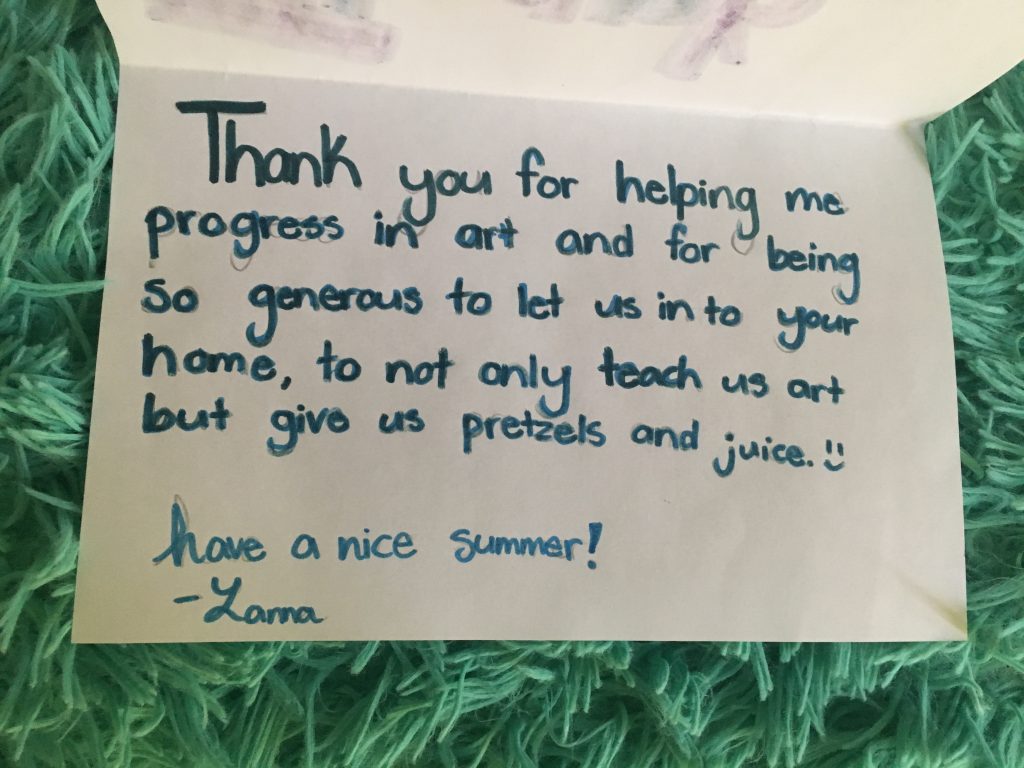
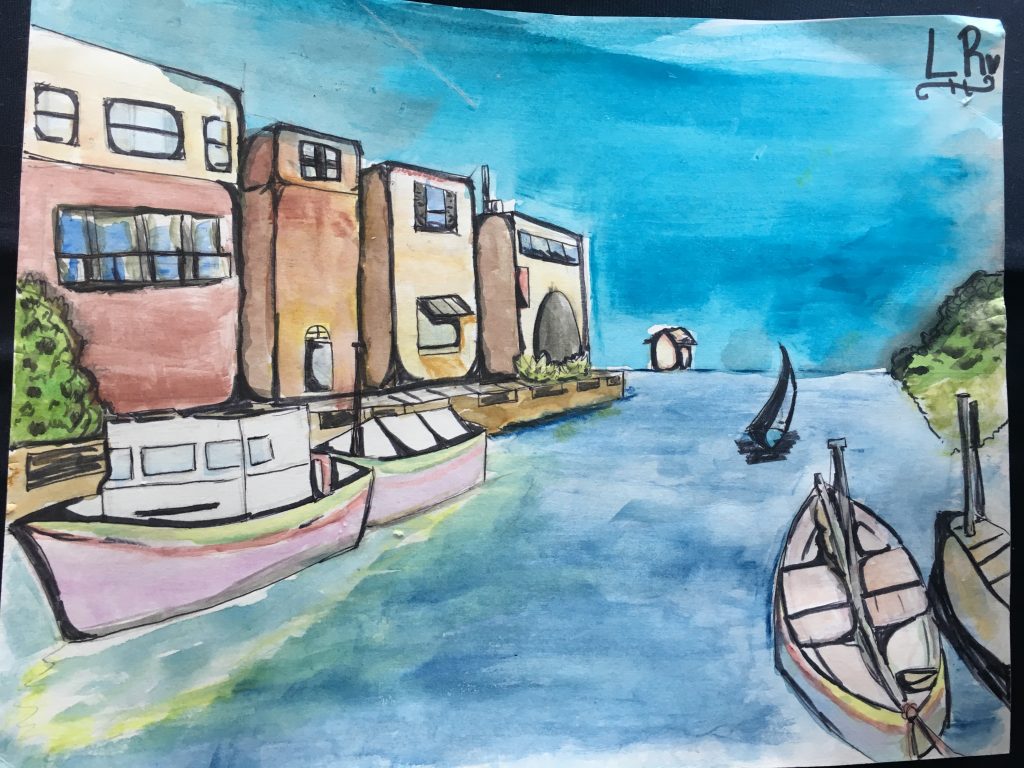
Natural or Unpaid mentorships:
These are learning opportunities that can either be long or short term. This could happen pretty naturally or could be sought out. For example, a neighbour or grandparent might want to work on a sewing project together and that might lead to another project. Or, there might a shorter opportunity like fixing a car, building or installing something around the house and this might simply be a parent in a mentoring role.
Sometimes some natural mentoring takes place within a group. I’ve seen this happen a lot in youth, community groups or volunteer opportunities where it’s a group event but there might be some offshoot opportunities or an additional mentoring relationship develop. These have been great experiences to add to resumes and often lead to perks beyond the development of skills such as letters of reference/recommendation as well.
M has had an opportunity to do a variety of work at a Provincial Park as part of a small volunteer group and has been mentored naturally by a really great couple of retired men. It was just a matter of getting in touch about volunteering but has led to being part of an environmental and building crew that is very integral to the park.
The guys each have references from formal and informal mentors to go along with their resume. An added benefit is that these references can be really detailed. Working in such an individualized setting means that the details of their learning can be both deep and wide-ranging as well so they can be expressed to really describe what they have learned and done.
A key benefit is that much of the learning that teens do while being mentored actually contributes to post-secondary learning. It does this in at least two ways:
1.It is great for transcripts and/or applications regardless of what path they choose. G included it on his college application and was able to use references from a Leadership training mentor as well as a sports leader he had done extensive assisting with. They had gotten to know him so well they have written other letters of reference that he has used as part of his college application, for becoming a tenant when he rented his first apartment and a for getting a new job.
2.The depth of learning ( depending on the situation and how many hours are spent) often meets or even surpasses secondary school level knowledge. The depth and detail of carpentry projects S is doing is often beyond the high school construction classes, particularly when taking in to account the fact that he gets to research the wood, has gone to the lumber store to choose materials with the carpenter, etc. I think the same may be true for L’s art sessions if she continues over the next few years, so on some level, it is a higher learning investment. That doesn’t mean that they have to do the activity forever though just because you’ve invested time, money or commitment to it for a period of time. Interests and passions change. Even if they don’t use the particular skill to make money or future their education or even continue with it further in a leisurely way, there is still great value in working away at a current interest.
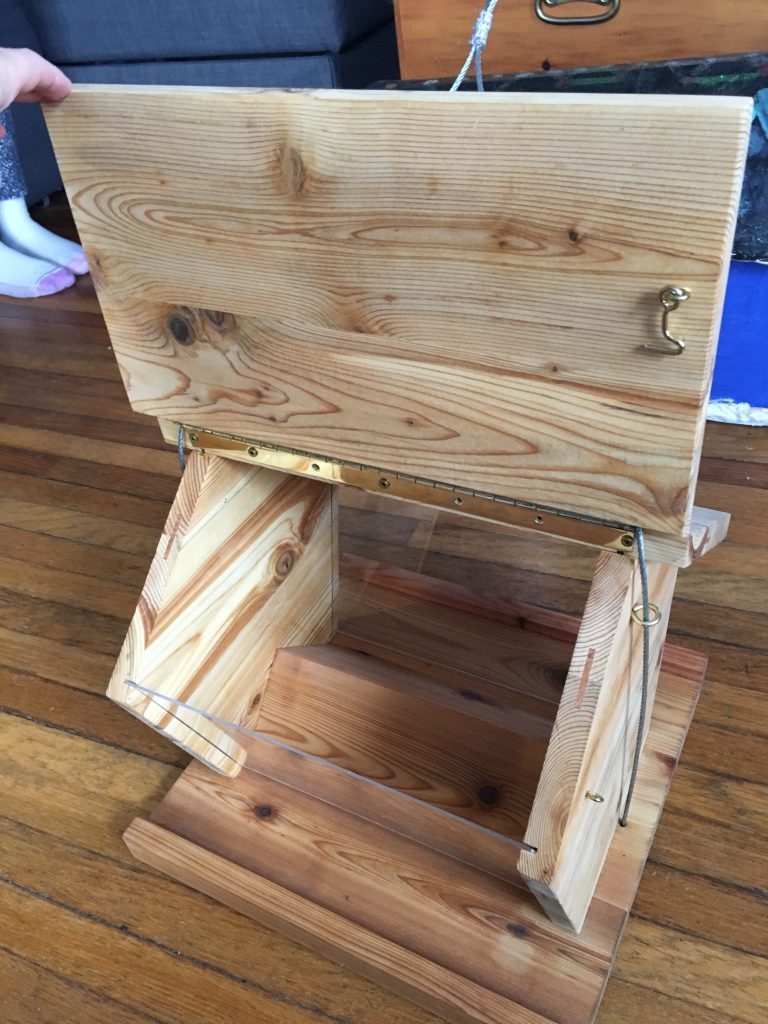
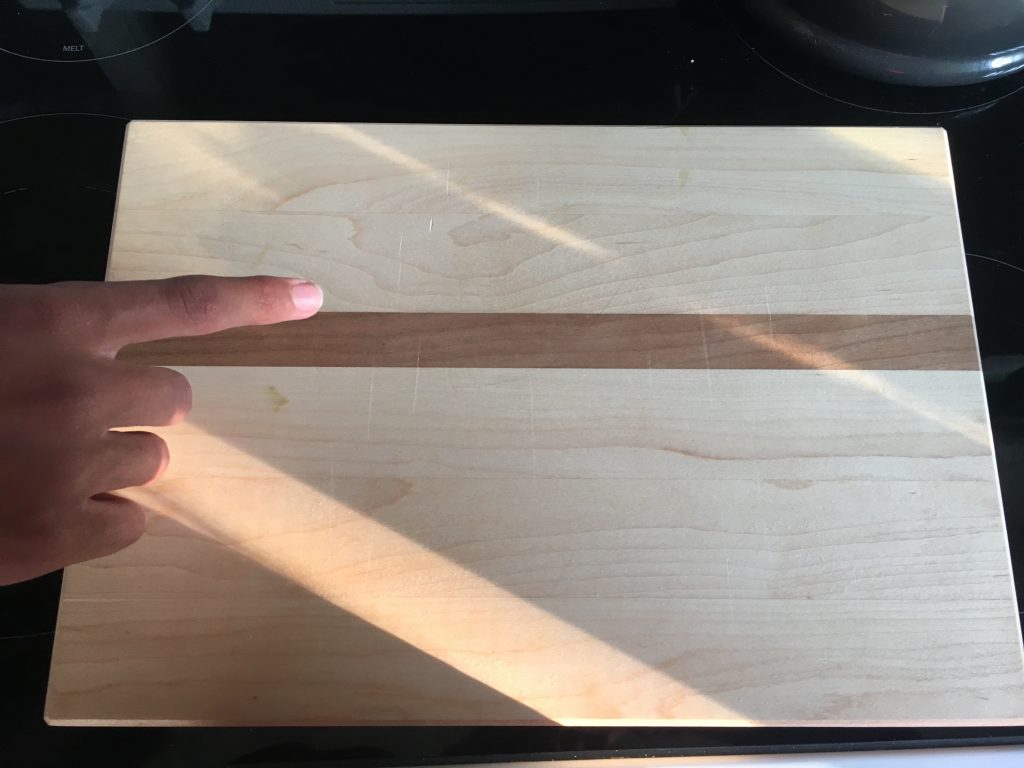
Challenges?
1. It can take some time to find a good fit. For quite a few years, I was looking for a carpentry mentorship for S because I could see that by about the age of 10, he was ready for more than the regular kid-type workshops so finding someone that has the time, supplies, skills and is in a reasonable location can take a some patience and sleuthing.
Don’t hesitate with “the ask” though! Many people are quite thrilled to share their gifts and talents.
Retired people often are thrilled to at least be asked and many have skills that they now have the freedom to share in a new way.
Ask around at community centres, churches, service clubs. Contact an association or club related to the particular interest. A bakery or cooking school may have a lead on someone who’d love to spend time one to one or with a small group. An art gallery might know of an artist that would be a great fit. Sports associations might have assistant coaching opportunities. Check in with local photographers whose work you’ve noticed. Don’t forget about kids that might not be as into hands on skills but might be interested in history or philosophy. Checking into local historical societies or colleges and universities might bring about some possibilities. Ask grandparents if they know of someone with a specific skill. Keep your ears open when talking to neighbours or friends.
It doesn’t have to be fancy. An opportunity to have regular shifts on the audio/visual system at a church or community theatre will offer a chance to be in a situation of direct instruction with one or two other experienced workers.
Think broadly – you just never know!
2.It takes some thinking through. Something that held me back for a while was the idea of my kids being in a one to one setting with someone and just being careful from a safety perspective. There were a few factors that helped with this.
One was age. When I finally found a good fit for the carpentry mentorship, S had just turned 13, which felt much different than 10. The carpenter was a close contact of a trusted co-worker of mine and the fact that the front of his shop has a large window made a difference to me as well. When M started working with a small group in fairly “off the beat and track” parts of a Provincial Park, he was 16. Again, the age makes such a difference.
Another was physical features such as windows or glassed areas.
Yet another was a real openness around dropping in or coming in at pick up time. When M was working with a small crew of men at a provincial park, there was always transparency about what part of the work the park was in and just a really easy-going feel. L’s art teacher always is inviting for us to pop down to the studio portion of her house.
Finally, just good conversation and feedback from the kids gave me a good feel for how healthy these relationships are.
3. Cost. Some (not all, by any stretch) require cost, if not for the time or mentoring itself, then possibly for materials. That being said, many people are happy and even honoured to share their skills and will do so freely or for low cost. We have had a couple of free opportunities and a couple at moderate cost but the experience, relationships and opportunities that have come from them are priceless and worth budgeting for if we possibly can.
4.Time for travelling.
Each family will have their own situation and limits. We have found that a close location works well but I have been willing to travel farther for things such as the provincial park opportunity because it’s larger chunks of time and such good experience with quite a big range of outdoor skills.
5. People tend to pigeon-hole and label the teen (us included) at a young age! They become “the artist” or “the carpenter” when this might just be something they’re exploring for the moment. Usually though, that’s just a complimentary way for people to connect and when kids don’t feel pressured that they need to do the same thing forever, that’s not such a big deal.
That’s it! For us, the learning, skills, experience, sense of ownership and maturity of being involved in a mentorship have outshone any disadvantages. Authentic learning, living and connection:).
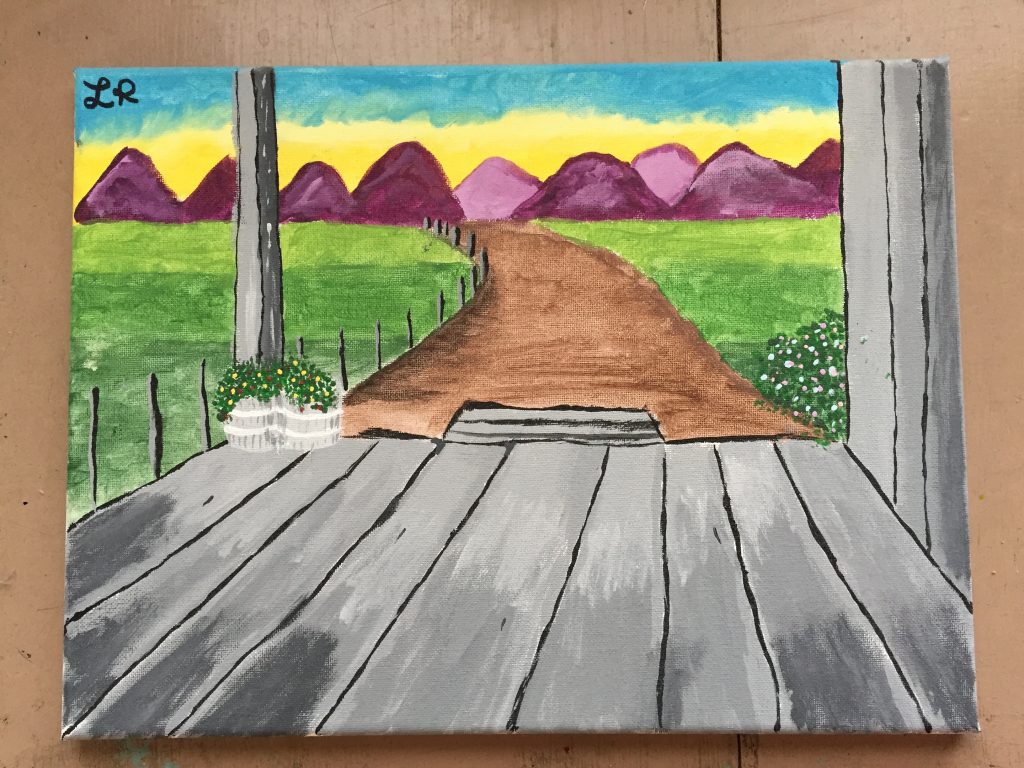
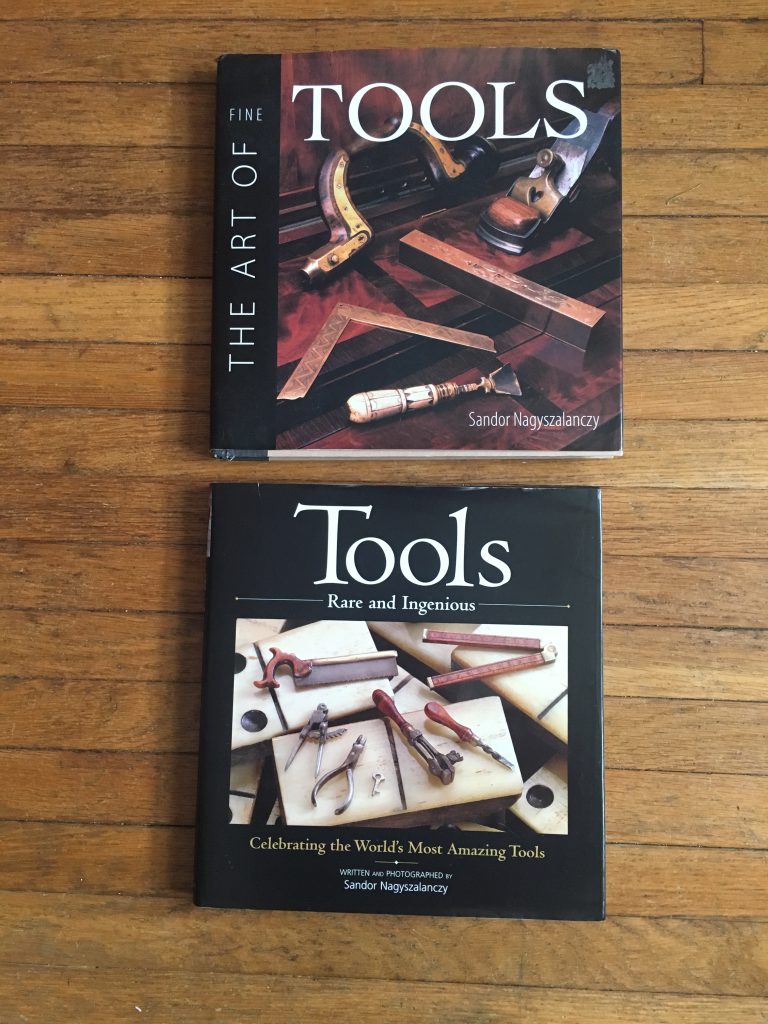
Enjoy this post? Please share.

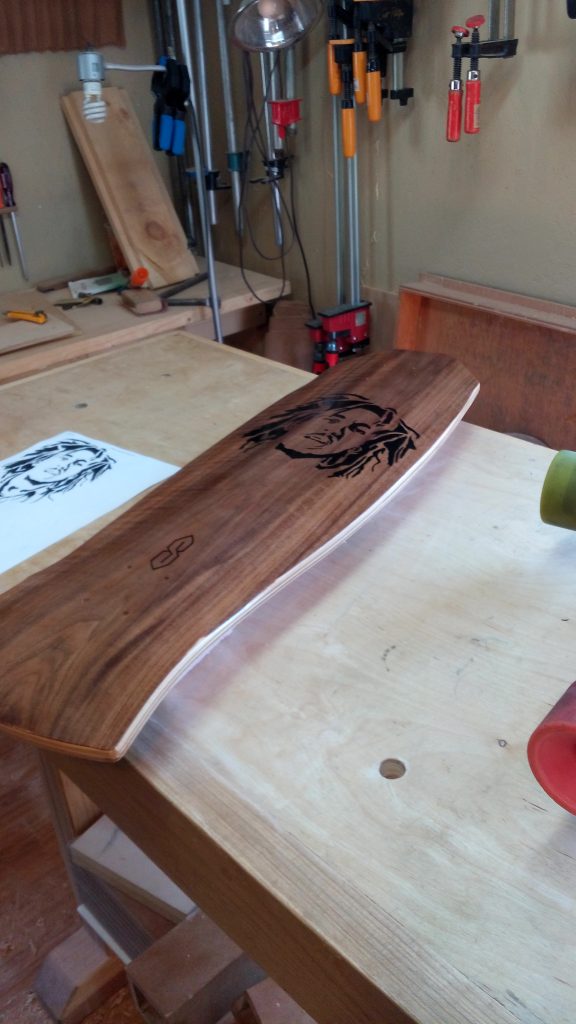
Hi Erin! Great post. That skateboard in the top photo is fantastic. It almost seems like you wouldn’t want to put your feet on it after all that hard work;)
Thanks Lori! The good news is that the side showing in the photo is the bottom so his feet don’t have to scratch and scrape it as much. Still, it’s likely not quite in that pristine condition anymore!
I think my daughter (15) would really enjoy a sewing mentorship, maybe even quilting. I’m not really sure how to go about it. Did your kids have a trial period with their mentors? I’m also wondering if the mentor had a rate of pay already or was that something you negotiated?
Hi Allie,
I wonder if you could go into a local fabric store or sewing shop and ask the people who work there if they have any leads? The other thing is that they themselves might be interested. The small fashion/sewing camp that my daughter and niece go to is in the back rooms of a sewing shop and I don’t know if they do individual or small group mentoring apart from that but they might. You might find something similar.
As far as quilting goes, there are often regular quilting groups. For example, our church has a group of women who quilt every week. You might find someone from a similar set up who is willing to do something one to one OR your daughter might want to see about joining? I’m not sure how she’d feel about that but she might really enjoy it!
In regard to our experiences with mentoring, we didn’t have an official trial period but talked about it from the beginning that we’d kind of give it a good try. There was no registration or contract or anything like that, just good communication. The time my daughter spends in art is more like small classes so there was a set rate but a lot of flexibility beyond that. With the carpenter my son works with, it was a new thing for all of us, so we really easily negotiated the rate and time. I just asked him what he would be comfortable with and he wasn’t sure so I suggested a number and we agreed on that, with additional payment for supplies as needed.
Don’t be afraid to ask people directly if they would be interested! I have found people have been really honoured and pleased to pass on a skill. If they can’t, they’ll say so but may know of someone who can. Thanks for your question:).
Thank you! This gives me some ideas to look into and I did find out that a local sewing shop offers lessons for small groups so maybe that’s starting point. I’m hoping so!